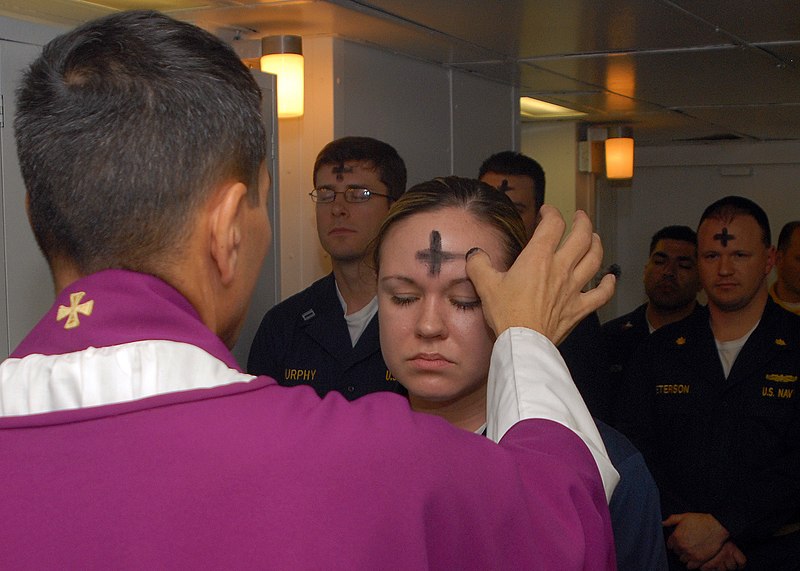Regina Pacis - Queen of Peace
Readings (Jerusalem Bible: Australia, Ireland, New Zealand, Pakistan,)
Readings (English Standard Version, Catholic Edition: England & Wales, India, Scotland)
Readings (New American Bible: Philippines, USA)
Gospel Luke 6:39-45 (English Standard Version, Anglicised)
At that time: Jesus told his disciples a parable: ‘Can a blind man lead a blind man? Will they not both fall into a pit? A disciple is not above his teacher, but everyone when he is fully trained will be like his teacher. Why do you see the speck that is in your brother’s eye, but do not notice the log that is in your own eye? How can you say to your brother, “Brother, let me take out the speck that is in your eye”, when you yourself do not see the log that is in your own eye? You hypocrite! First take the log out of your own eye, and then you will see clearly to take out the speck that is in your brother’s eye.
‘For no good tree bears bad fruit, nor again does a
bad tree bear good fruit, for each tree is known by its own fruit. For figs are
not gathered from thorn bushes, nor are grapes picked from a bramble bush. The
good person out of the good treasure of his heart produces good, and the evil
person out of his evil treasure produces evil, for out of the abundance of the
heart his mouth speaks.’
And their Buddhist companion showed that he understood Jesus who said, The good person out of the good treasure of the heart produces good. He put his life in the hands of his two companions because he knew they were Christians. Would anyone do the same with me simply because I am a Christian?
I see some of the words of Pope Benedict XVI in his Angelus reflection in 2007 on last Sunday's gospel being lived out in the incident involving the three North Vietnamese soldiers: One then understands that for Christians, non-violence is not merely tactical behaviour but a person's way of being, the attitude of one who is so convinced of God's love and power that he is not afraid to tackle evil with the weapons of love and truth alone.
The way of being of those two Catholic soldiers as followers of Jesus was evident to their Buddhist comrade. Is my way of being as a follower of Jesus evident to those around me?
The good person out of the good treasure of the heart produces good.
Lent begins on Wednesday 5 March. For the people of Ukraine it has begun in a very real sense three years ago. Pope Francis asked us that year to make Ash Wednesday a day of prayer and fasting for Ukraine. There seems to be movement towards peace as I write this.
It is a day of fasting and abstinence every year. The Pope has asked us to focus through that on the urgency of the situation in Ukraine where the majority of people are Christian, mostly Orthodox. About ten per cent are Catholics, most of them members of the Ukrainian Greek Catholic Church.
You will find the rules for fasting and abstinence here. The rule about abstinence on Fridays during Lent may vary from one country to another.
These rules are not an expression of legalism but a call to generosity and to share in the fasting and abstinence of Jesus himself during his forty days in the desert.
Traditional Latin Mass
Quinquagesima Sunday
The Complete Mass in Latin and English is here. (Adjust the date at the top of that page to 03-02-2025 if necessary).
Epistle: 1 Corinthians 13:1-13. Gospel: Luke 18:31-43.
And Jesus stopped, and commanded him to be brought to him; and when he came near, he asked him, 'What do you want me to do for you?' He said, 'Lord, let me receive my sight (Luke 18:40-41; Gospel).






